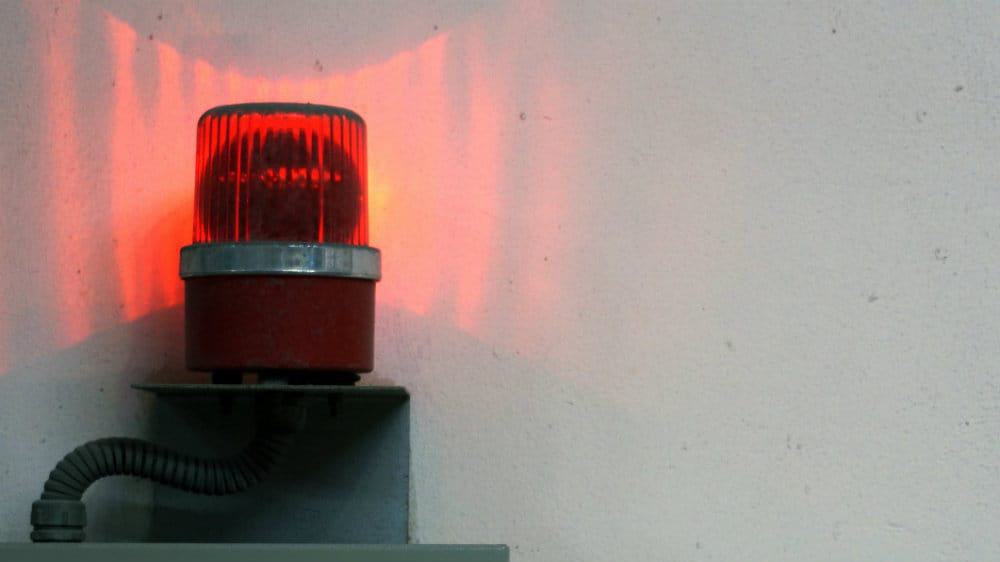Most central bankers are not discounting the high impact of COVID-19 on Canada’s real estate market in 2020 and 2021. The concern stems from inflated real estate prices and increasing household debt in a recessionary environment. Thus, Canadians are vulnerable to a major housing crash this year.
Record sales
The Canada Mortgage and Housing Corp. (CHMC) is the most vocal in warning about the housing market risks due to the coronavirus downturn. CMHC believes there’s significant short-term uncertainty. In the medium term, housing demand will fall as a result of weak household incomes.
Interestingly, almost every city in Canada posted record sales in July 2020. Industry professionals cite local quality of living and the industry’s resiliency as the reasons for the rise in sales. For CMHC, the data isn’t reflective of the pandemic’s effect. The economic shock will emerge in the next few months.
Homebuyers’ motivation
The brisk purchase activity in July, amid a recession, drove prices higher. Housing experts also said homebuyers before COVID-19 are completing their purchases after lockdowns. Some families are buying larger homes in anticipation of another lockdown. They need more space to self-isolate or work comfortably at home and stay with the kids.
However, bankers notice a different motivation in other homebuyers that indicates high risk. It would be best if you were buying a home primarily as a shelter and a lifestyle choice next. The reason shouldn’t be because you consider real estate as a low-risk and high-return investment.
Nevertheless, record-breaking home sales are unlikely to continue. The gap between economic fundamentals and property prices will widen in the COVID-19 recession. Home values will remain high only because supply is very little. In all likelihood, it will not catch up with demand.
Alternative to rental properties
Investors shouldn’t purchase rental properties at this time due to inflated prices. The next best alternative is to invest in real estate investment trusts (REITs). Besides the lower investment, you gain access to the real estate sector and become a quasi-landlord.
Crombie (TSX:CRR.UN) is an excellent choice in the COVID-19 world. Unlike other property owners with predominantly retail tenants, this $2.1 billion REIT derives 55% of rental income from Safeway and Sobeys grocery stores. Both are doing well and experiencing higher consumer traffic in the pandemic.
Aside from supermarkets, Crombie’s top tenants are banks, pharmacies, and other essential businesses. In terms of stock performance, the REIT stock is down by only 14% year to date. Its real estate portfolio, which consists of coronavirus-resistant companies, is supporting the share price.
Crombie is trading at $13.17 per share and paying an ultra-high 6.83% dividend. Furthermore, the REIT is a Canada Pension Plan (CPP) stock. It’s the top holding of the CPP Investment Board in the real estate sector.
The clear and present danger
According to the CMHC, a housing crash is possible as long as COVID-19 is around. It poses a risk to prices, sales, and new building projects. From the homebuyers’ side, the problem is the much lower purchasing power. Ownership costs shouldn’t exceed 40% of household income. Otherwise, the property is unaffordable.



